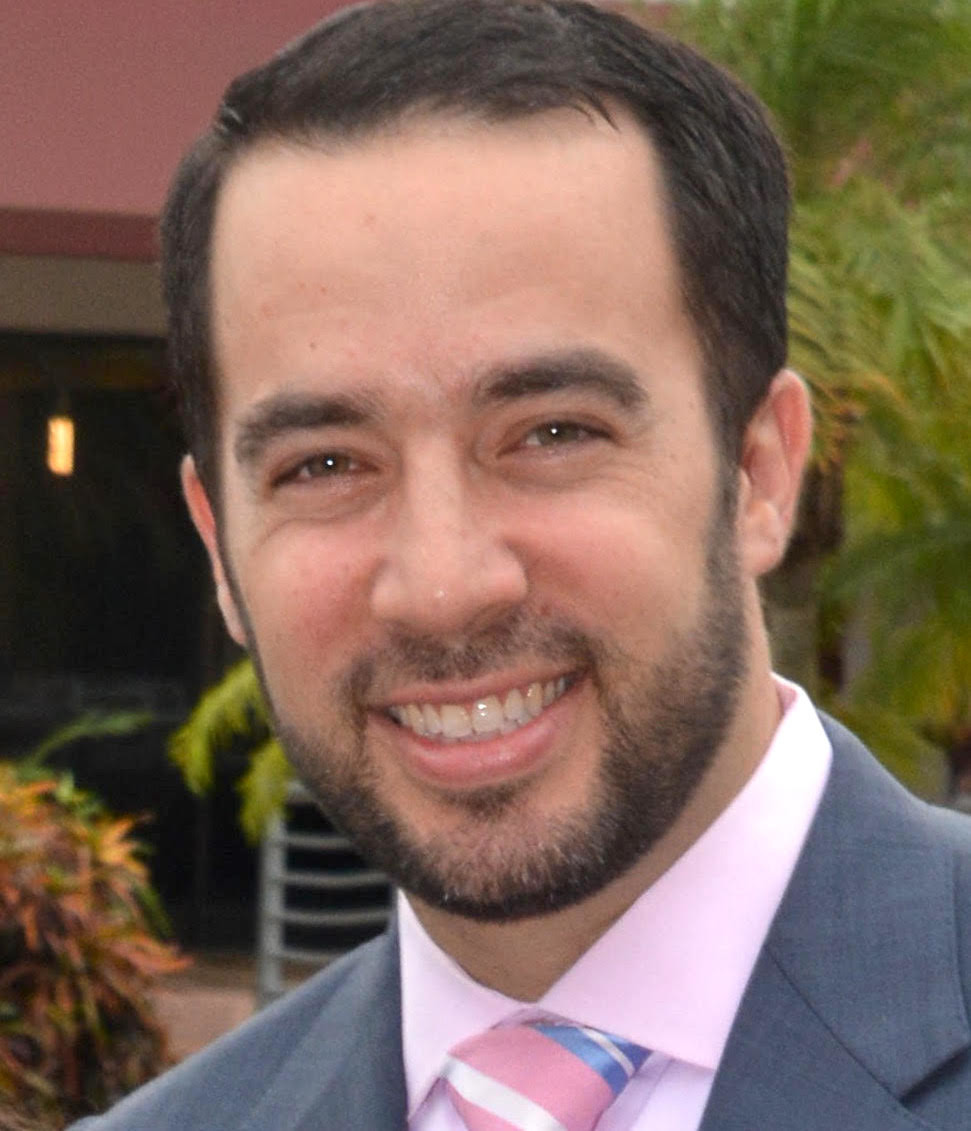For the brothers, a second chance
Yehuda pouring out his heart to the man who holds Binyamin’s freedom in the balance.
Don’t be thrown by the Chumash’s break between Yehuda’s argument and Yosef’s response. In the Torah itself, the narrative is straight, with no added space, suggesting that perhaps Yehuda was filibustering, hoping that one of his arguments might break the veneer.
He was hoping for compassion. He was not expecting the potentate to have an emotional breakdown!
If it’s correct that Yosef interrupted Yehuda, it is worth going through each of Yehuda’s appeals to discover which button pushed Yosef to throw his lot back in with the brothers, giving up the game and revealing his true identity.
“And now, when I come to your servant our father, the lad will not be with us. His soul is bound up with [the lad’s] soul!”
How much does Yaakov’s soul means to Yosef at this point? He will soon say “I am Yosef; is myfather still alive,” but many commentaries note the emphasis on “my father” — Yaakov’s portrayal by the brothers has been an impediment to Yosef caring about him through this whole ordeal.
“When he sees that the lad is not there, he will die! I will have brought your servant our father’s white head down to the grave in misery.”
This argument doesn’t work either. Yosef is not impressed by the way Yehuda will be perceived in perpetuity by the family. Yehuda wasn’t so nice to him in the olden days either.
“Besides, I offered myself to my father as a guarantee for the lad, and I said, ‘If I do not bring him back to you, I will have sinned to my father for all time.’”
Again, Yehuda’s place in the World to Come is irrelevant to Yosef. This argument carries no weight.
“‘So now let me remain as your slave in place of the lad. Let the lad go back with his brothers!’”
Wait a minute. This is something different. Yehuda is offering himself in Binyamin’s place? He is willing to give up his own freedom? He is willing to be the slave he once sold Yosef to be?
“‘For how can I go back to my father if the lad is not with me? I cannot bear to see the evil misery that my father would suffer!’”
Yehuda is saying that what happened in the days of Yosef’s disappearance gave minimal — if any — benefit. Though the brothers believed they were justified in getting rid of Yosef, the truth is that they lost their father that day. He was never the same, and now was at real risk of dying of heartbreak, although his heart had been broken for 22 years.
Yehuda has indeed learned an important life lesson. He was easily able to bear bringing the terrible news of Yosef’s disappearance to their father. But facing round two 22 years later, he “cannot bear to see the evil misery” his father would face if Binyamin was also enslaved. He is willing to go so far to replace him.
This is quite the revelation to Yosef. And so he interrupts Yehuda, because he, too, cannot bear to see the evil misery. He clears the room, and says, “I am Yosef! Is my father still alive?’”
What is most clear to me in this story is how much people change over 22 years. Or, perhaps, over any length of time, if life lessons are heeded.
While commentaries are split on how Yosef as a young man behaved towards his brothers, it is clear from the moment he reveals himself that he bears them no ill will.
Yehuda, having lost two sons and a wife and having been embarrassed by the episode with Tamar, has learned that life is complicated. You can’t throw away those you don’t like. You have to live with people who are not exactly like you. You will have to move on from loss.
Maybe Yehuda had to go through those losses to understand his father’s mourning for Yosef. It seems clear that the events of chapter 38 molded Yehuda into a leader, inspiring his father to say his tribe will be the tribe of kingship.
We remain with a simple question. Yosef tests his brothers to see if they’ve changed and grown up over the course of 22 years, and in the process demonstrates that he has changed and grown up as well.
Do we continue to judge people based on how we knew them 5, 10, or 22 years ago? Or do we recognize that life experiences have likely shaped them into someone we don’t really know? How do we view people we know who have been to prison? Why are crimes of the past the way we always look at people, even after they’ve done their restitution, paid their debt to society, and — as far as we know — are not doing those things anymore?
Yosef tested his brothers and found they were no longer selling sons of Rachel down to Egypt, and were willing to give up everything to prevent it from happening again! That is penitence — when the opportunity comes and not only does the person not take the bait, but does a 180 reverse in the other direction.
And when we see that, it is time for us to forgive as well, and accept that a person who might not have behaved once upon a time but behaves now is as welcome in our home and community as Yosef felt those who had sold him into slavery were welcome in his palace.

 46.0°,
Light Drizzle
46.0°,
Light Drizzle 




